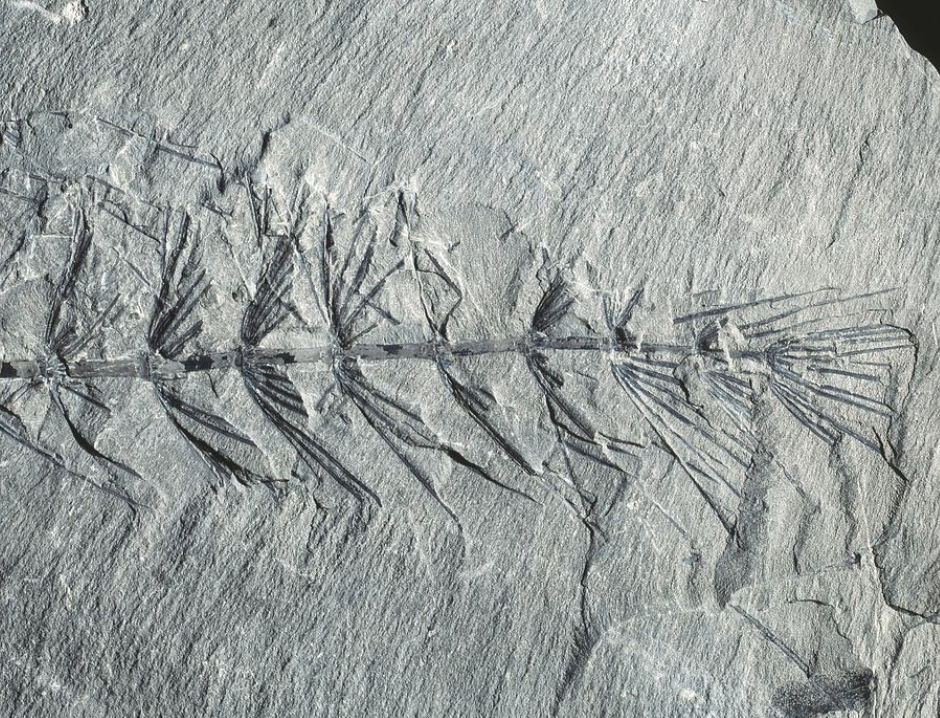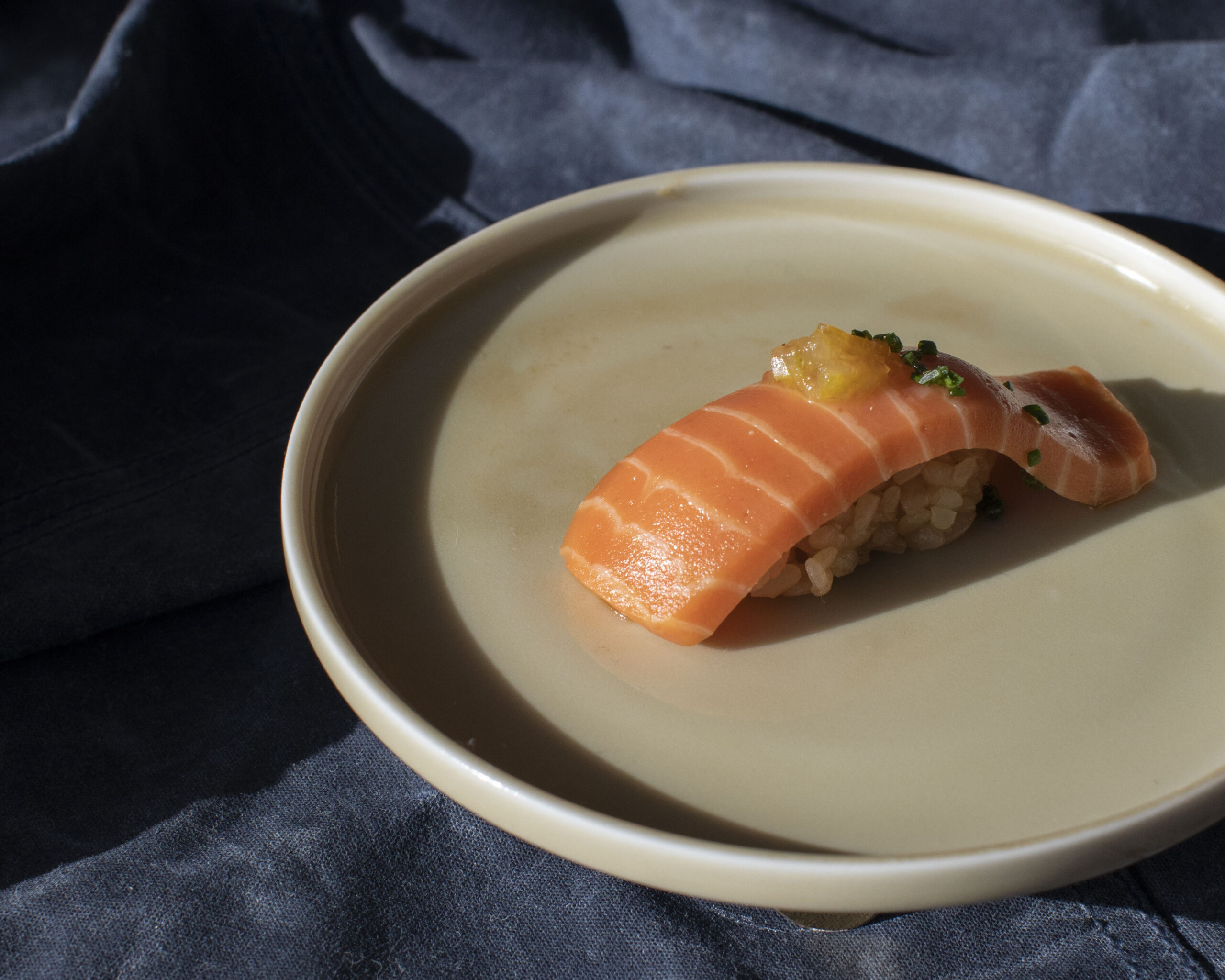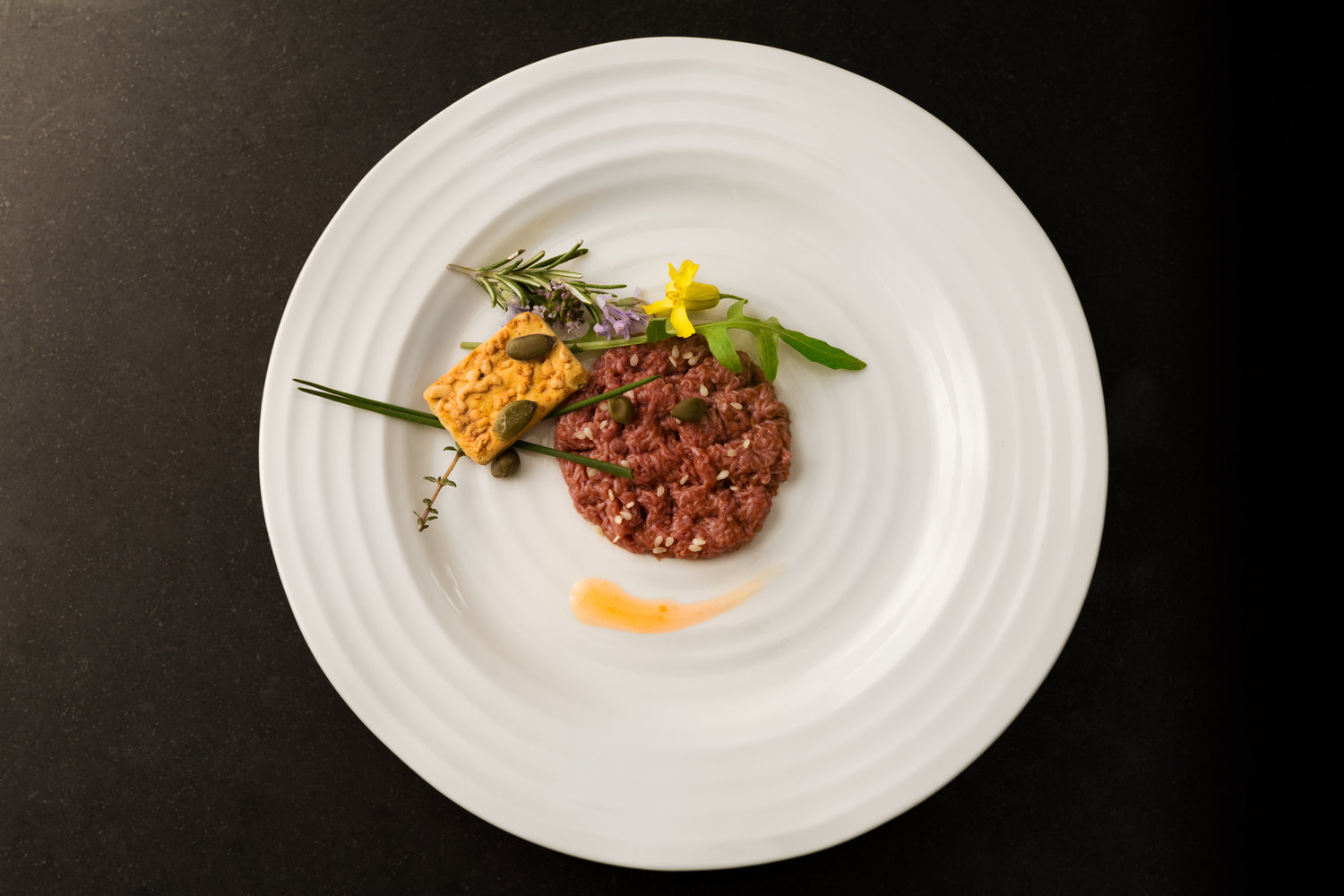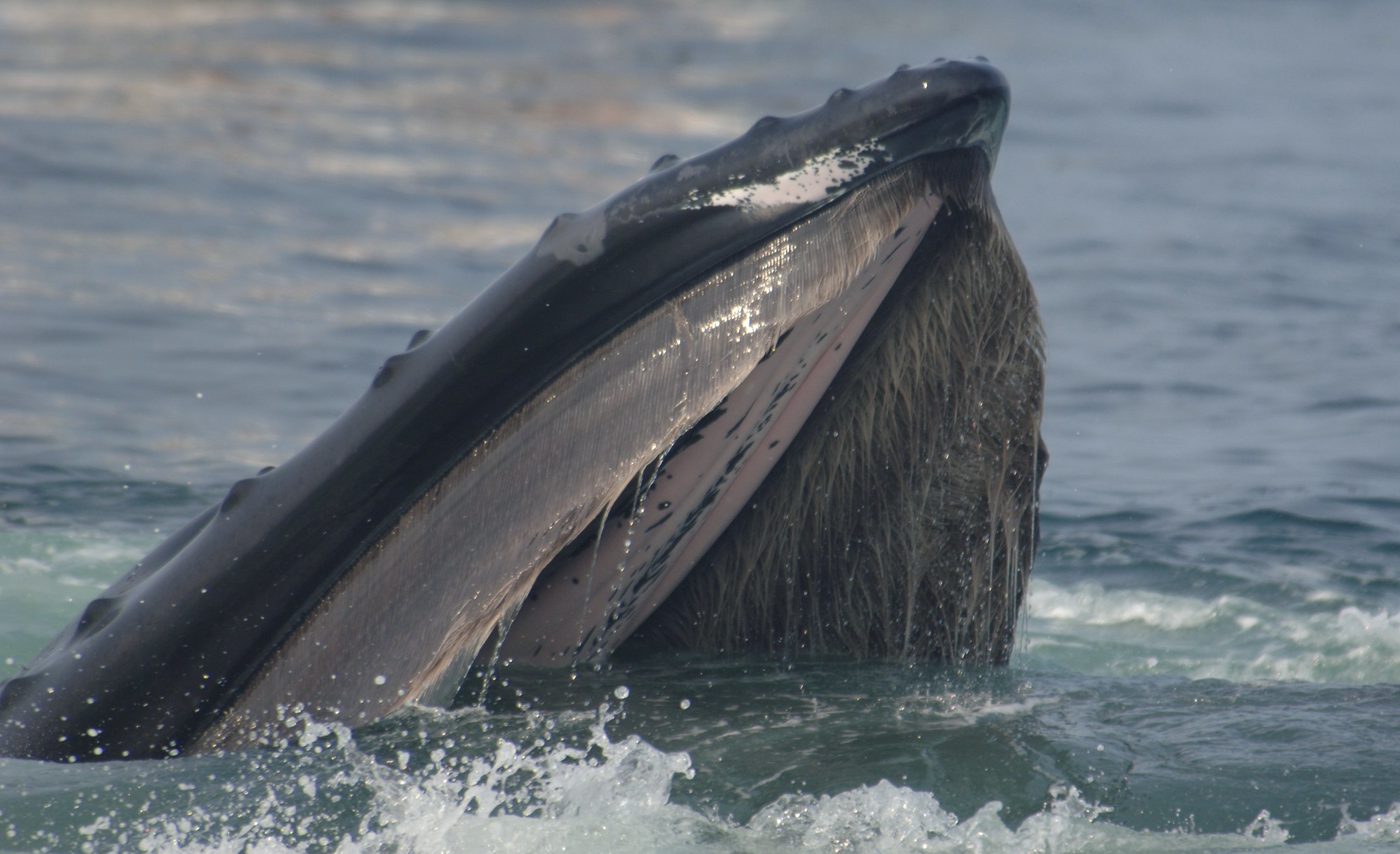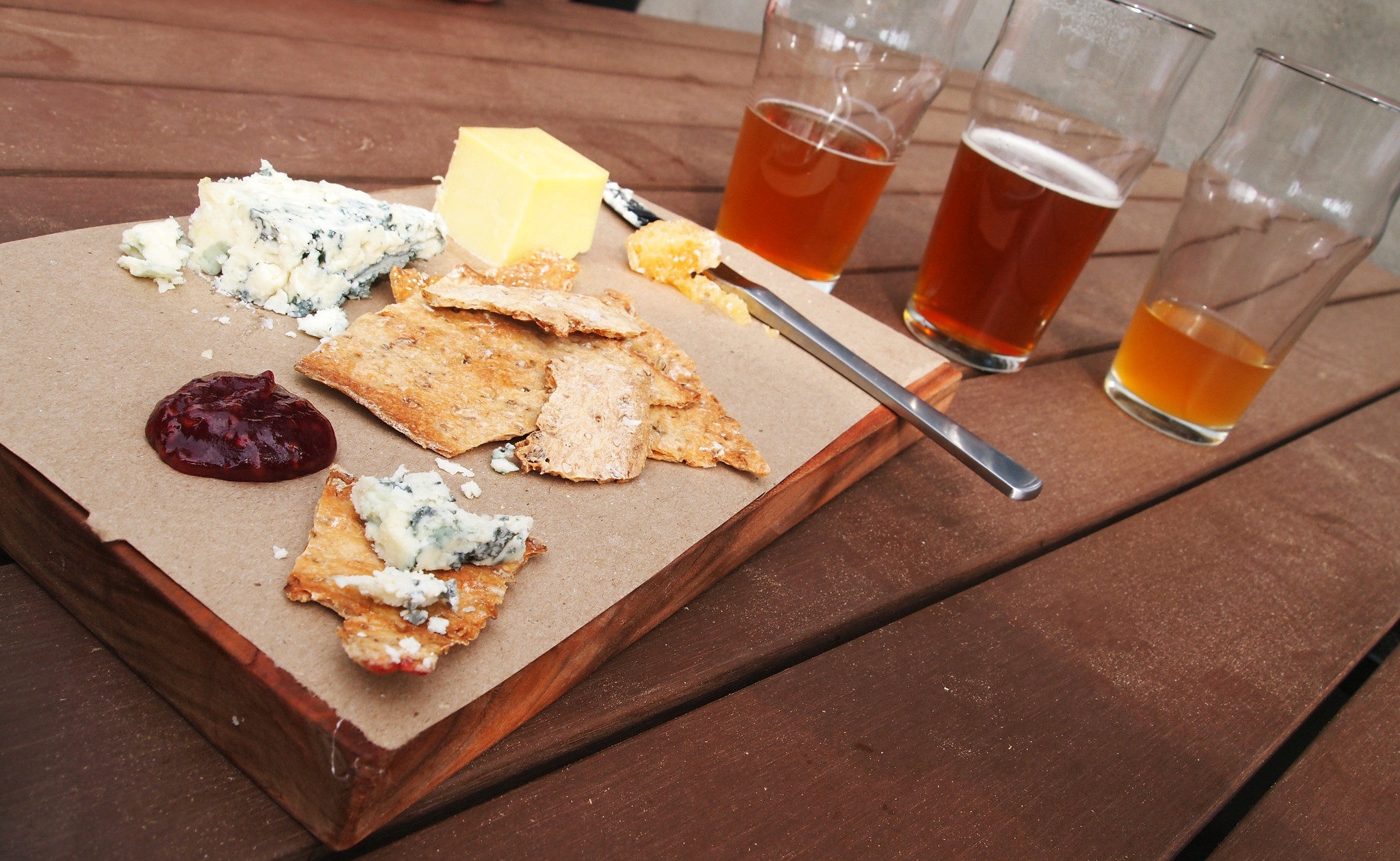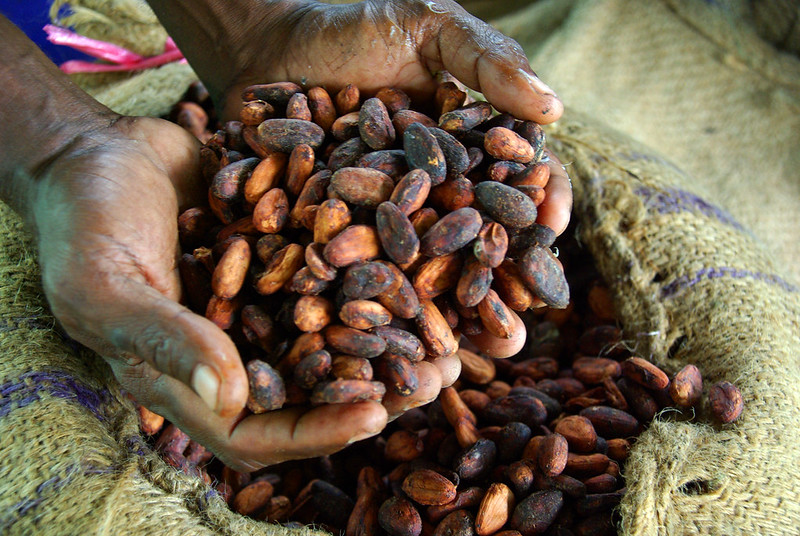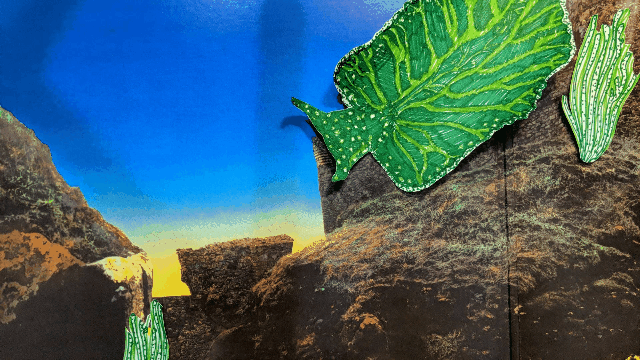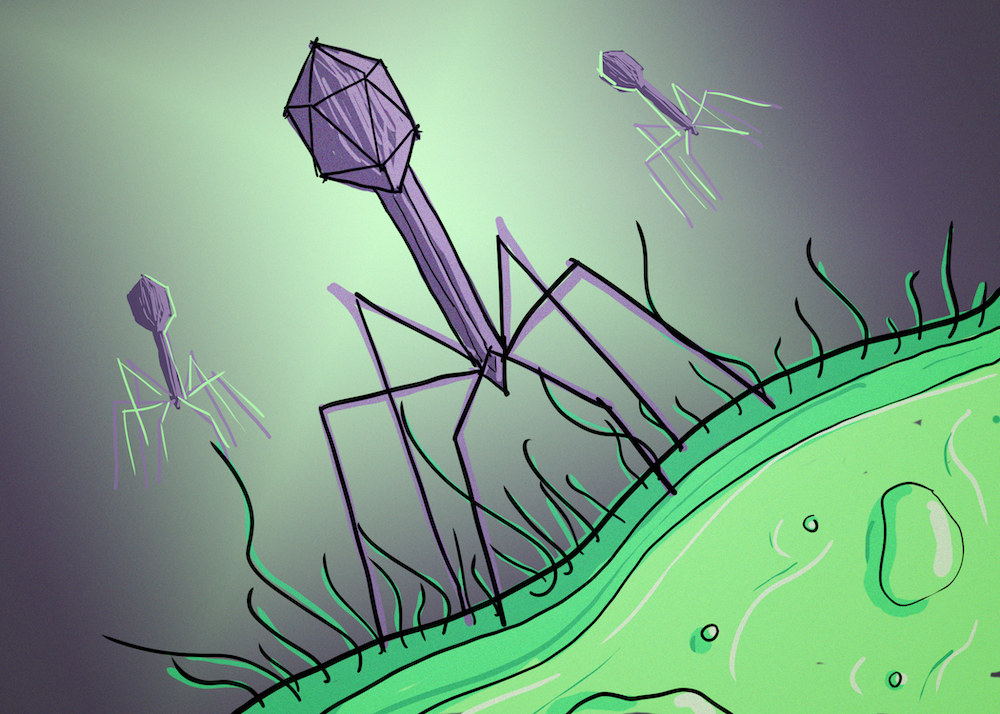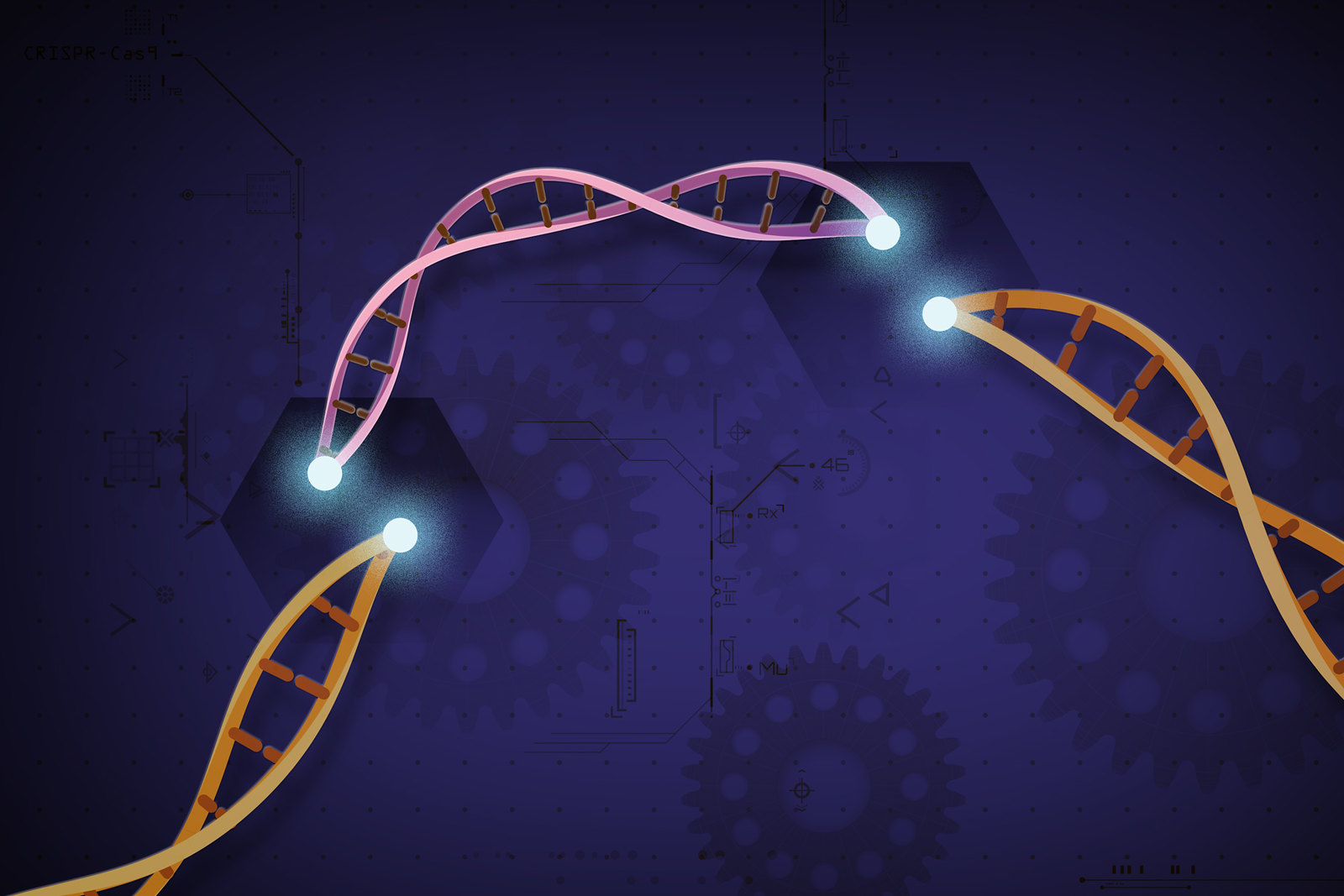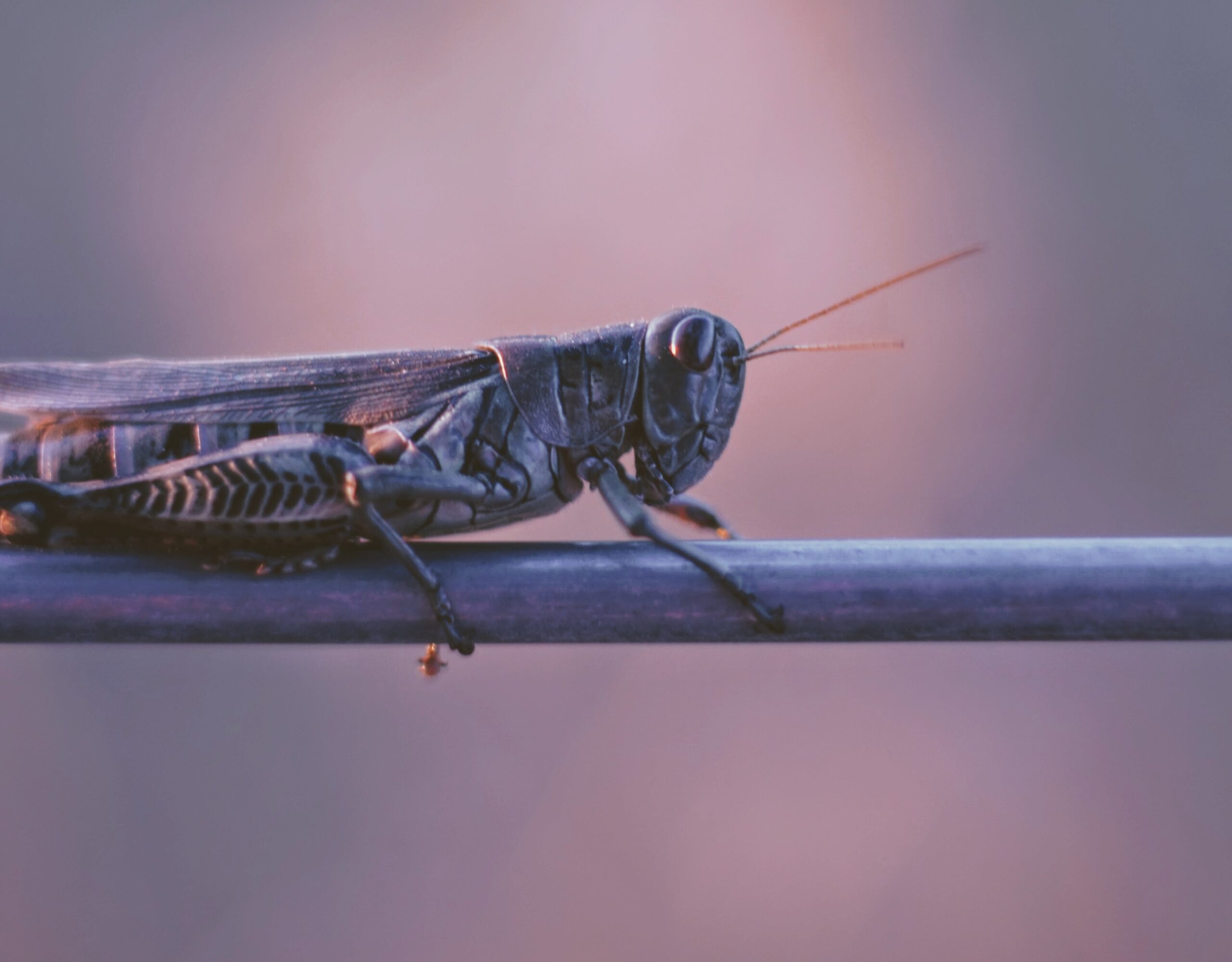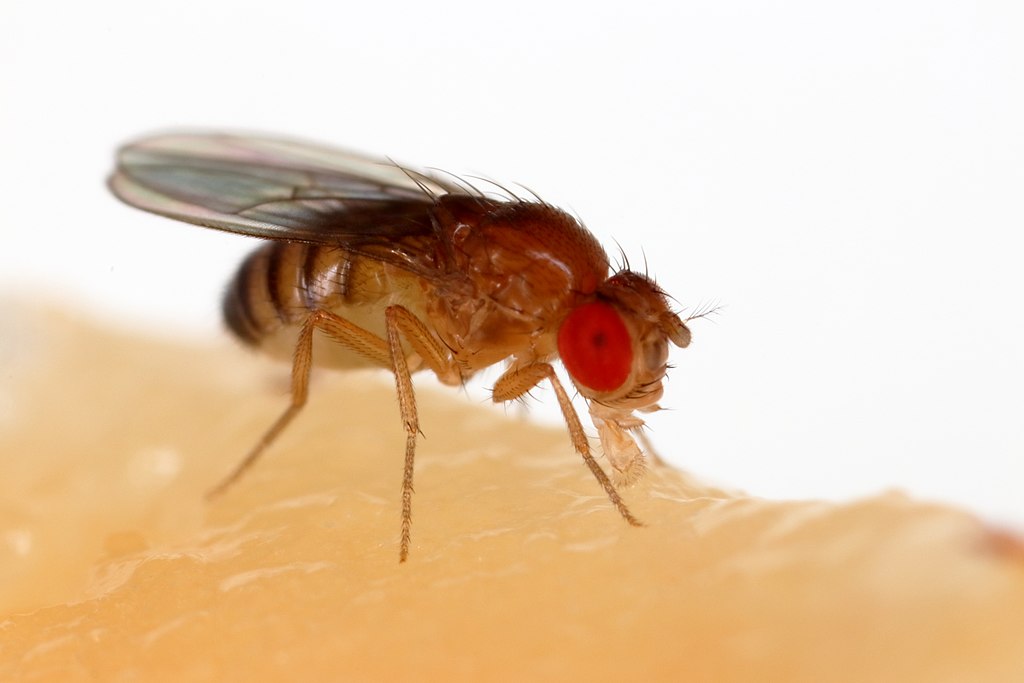Topic
Life Science
Avery Orrall • January 11, 2024
Unearthing the millions-year-long process that fuels our world
Alice Sun • March 7, 2023
Lab-grown fish is predicted to be the next big trend in alternative seafood, but how is it made?
Alice Sun • December 8, 2022
A change previously seen in mothers occurs in new dads too — and may help them both become better caregivers
Tatum McConnell • August 15, 2022
Evon Hekkala has changed our understanding of African crocodiles, thanks to the emergence of ancient DNA research
Allison Parshall • June 17, 2022
Cultured meat promises to be better for animals, public health and the planet. Will we eat it?
Delaney Dryfoos • March 23, 2022
Baleen whales have a unique, previously unknown organ for swallowing massive amounts of prey-filled water
Delaney Dryfoos • February 8, 2022
Poop preserved in ancient salt mines show evidence of surprising dietary habits and the shift to the modern gut microbiome
Daniel Leonard • February 2, 2022
Researchers already know how to clone human embryos. Bringing those embryos to term is another problem entirely
Deborah Balthazar • December 24, 2021
DNA barcoding could eventually help improve dangerous conditions for cocoa growers
Hannah Loss • December 3, 2021
Chloroplast-stealing sea slugs straddle the line between plant and animal, holding promise for green energy sources.
Allison Parshall • November 19, 2021
Scientists are recruiting phages, bacteria’s natural predators, as the antibiotic resistance crisis worsens.
Delger Erdenesanaa • August 18, 2021
Under pandemic lockdown, those lucky enough to stay home got a taste of pets’ confinement
Niko McCarty • April 12, 2021
Researchers made a CRISPR gene editor that can be controlled with blue light
M.K. Manoylov • January 22, 2021
Backpack-wearing locusts may one day be bomb-sniffing heroes
Lauren Leffer • December 18, 2020
The discovery of organisms that are new to science has historically required years of field work, but species could become something we create instead of find
